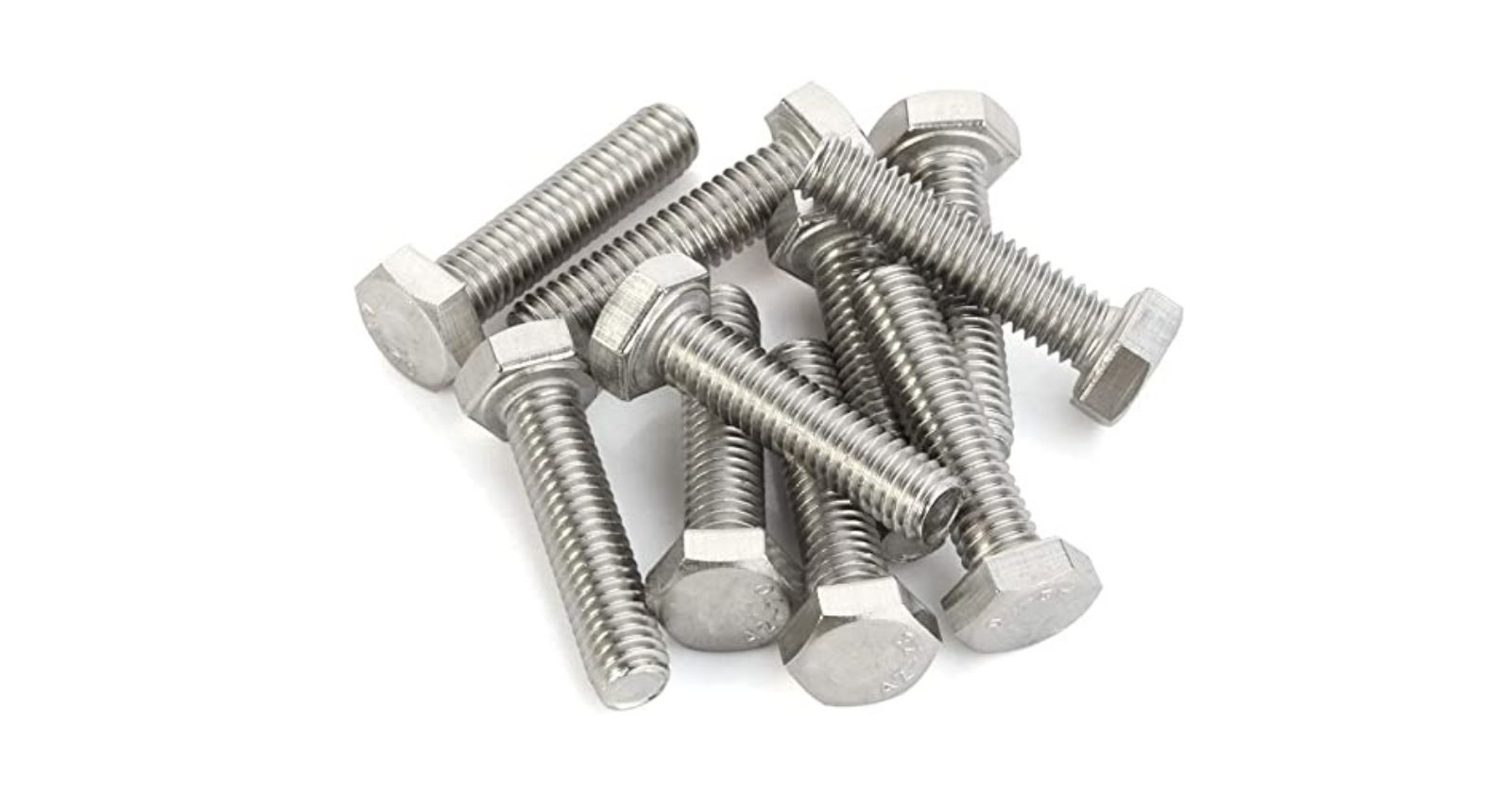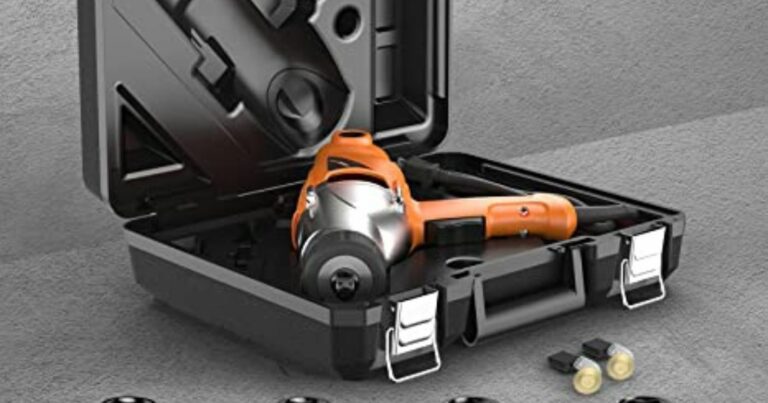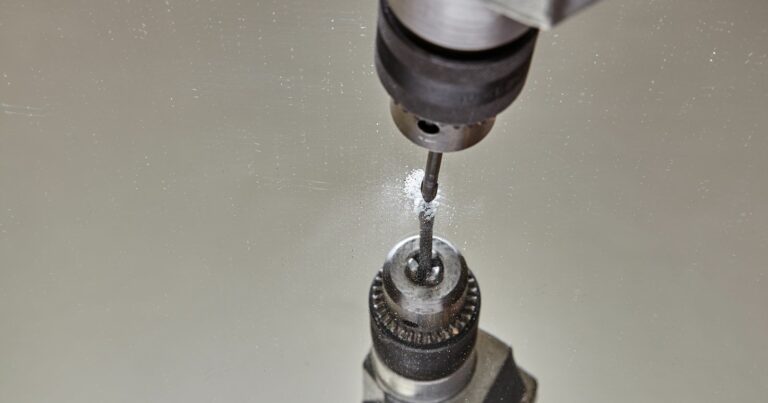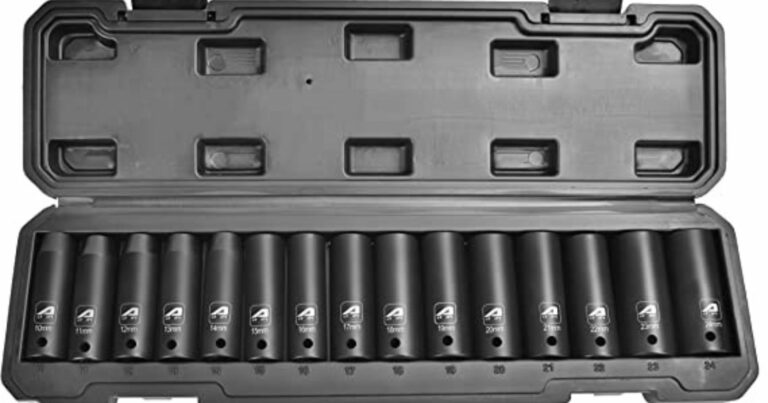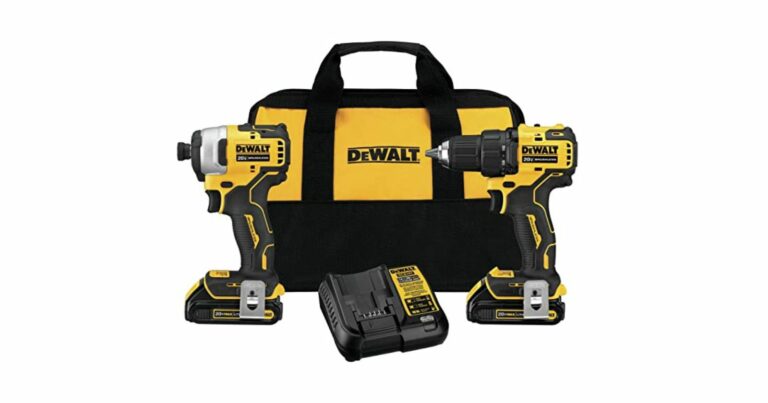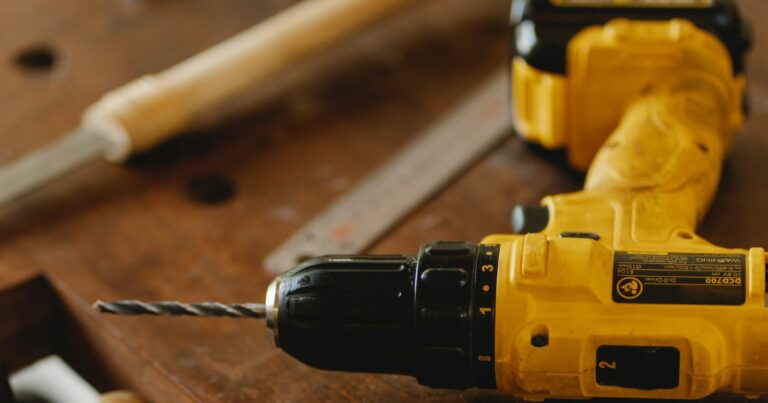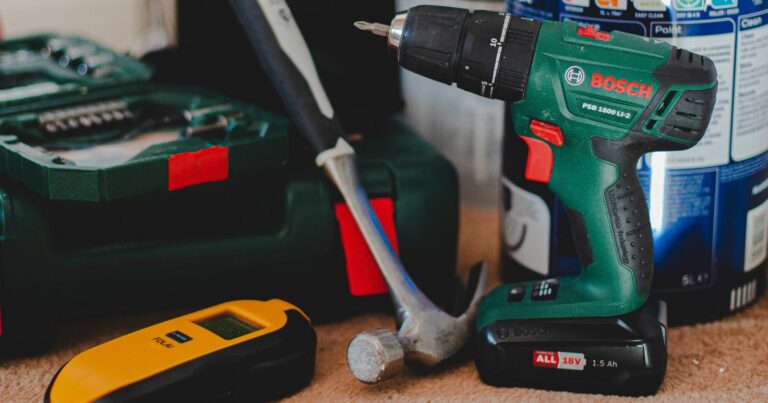How To Make A Socket For Your Cordless Impact Driver Out Of A Bolt- In 6 Easy Steps
If you’re like me, a DIY enthusiast or a professional contractor, you understand the significance of having the appropriate tools for any task. However, there are times when I find myself in a situation where I require a specific size of socket that is not present in my tool kit. During such instances, creating a socket for my cordless impact driver using a bolt becomes a valuable solution. It’s a simple, cost-effective approach that can save me a great deal of time and inconvenience. In this post, I’ll guide you through the process of making a socket for your cordless impact driver out of a bolt in just a few straightforward steps.
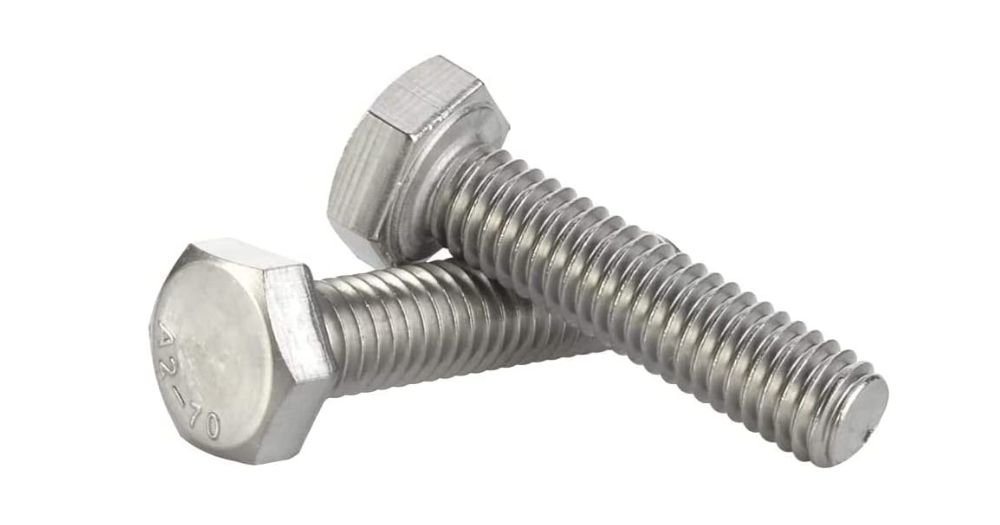
Maybe its time to get a new impact driver. Check out the Best Impact Driver Under $100.
How To Make A Socket For Your Cordless Impact Driver Out Of A Bolt- In 6 Easy Steps
Creating a custom socket for your cordless impact driver from a bolt is a practical DIY solution for unique or emergency situations. Here’s how to do it in six easy steps:
- Select the Right Bolt: Choose a bolt that fits the nut or fastener you intend to work with. The bolt’s head should be the exact size needed for the nut.
- Cut the Bolt: Using a hacksaw or an angle grinder, cut the bolt to the desired length. Typically, a shorter length is more effective for creating a socket.
- Drill a Hole: Secure the cut bolt in a vise and drill a hole longitudinally through the center of the bolt. The hole should be slightly larger than the diameter of your impact driver’s bit.
- Clean and Deburr: After drilling, remove any burrs or sharp edges from the hole and the cut end of the bolt using a file. This step is crucial to prevent damage to your impact driver and ensure a smooth fit.
- Test Fit: Insert the hex shank of your impact driver bit into the hole of the bolt to ensure a snug fit. If necessary, adjust the hole size.
- Secure the Bolt: For added security and to prevent the bolt from slipping off the bit, you can wrap the bolt with a small amount of tape or use a set screw through the side of the bolt, if your DIY skills allow.
This makeshift socket can be a quick fix for unusual sizes or emergency repairs when you don’t have the exact socket size on hand. However, for regular use, investing in a proper socket set designed for impact drivers is recommended for safety and efficiency.
This Video Will Show You How To Make A Socket For Your Cordless Impact Driver Out Of A Bolt
Exploring Alternative Methods
As I dive deeper into the world of DIY and tool improvisation, I’ve come to realize that there’s often more than one way to achieve a goal. In our case, creating a socket from a bolt isn’t the only path we can take. There are alternative methods and tools that we can use to accomplish the same task.
In my journey, I’ve discovered a few of these alternatives that might come in handy for you. I believe in providing you with a variety of options, so you can choose the one that best fits your needs and the resources you have on hand. So, let’s dive in and explore these alternative methods together. Stay tuned as I share these exciting alternatives with you in the upcoming sections.
Unveiling the Alternatives
One of the alternative methods I’ve stumbled upon involves using a nut and a welder. If you have access to a welder, you can weld a nut to a bolt to create a makeshift socket. This method requires a bit more skill and safety precautions due to the use of a welder, but it can be a robust solution if done correctly.
Another method involves using a pair of locking pliers, also known as vise-grips. While this won’t give you the same torque as a proper socket, it can work in a pinch if you’re dealing with a bolt that isn’t too tight. The key here is to ensure the pliers are locked securely around the bolt to prevent slippage.
If you’re in a situation where you need a deep socket, a hollow steel tube can be your best friend. You can cut a slot in the tube that fits your bolt, effectively creating a deep socket. This method requires some precision in cutting the slot, but it can be a lifesaver when dealing with recessed bolts.
Lastly, if you have a set of open-ended wrenches, you can use one as a makeshift socket. While this won’t work for all types of bolts, it can be a quick solution for hexagonal or square bolts. Just ensure the wrench fits snugly over the bolt to prevent rounding off the edges.
Remember, these alternative methods are meant to be temporary solutions when you’re in a bind. They may not provide the same level of efficiency or safety as a proper socket, but they can get the job done when necessary. Always prioritize safety when using these methods, and when in doubt, it’s best to invest in the right tools for the job.
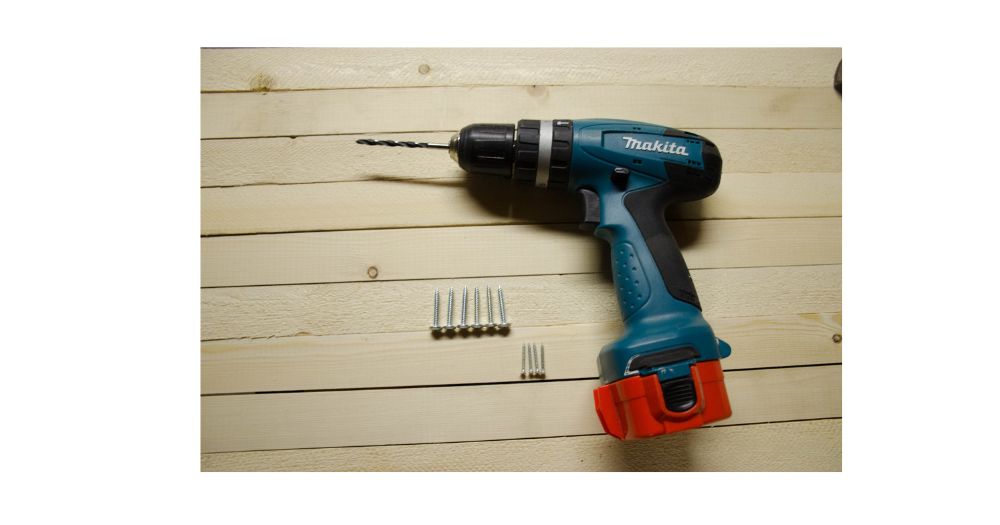
Caring for Your Homemade Socket: Tips and Tricks
Once you’ve crafted your homemade socket, it’s essential to ensure its longevity. I’ve learned over time that the way you maintain and care for your tools can significantly impact their lifespan. With your homemade socket, this is no different. I’d love to share some of my personal tips on how to keep your socket in the best shape possible.
Firstly, cleaning your socket after each use is crucial. I’ve found that a simple wipe down with a clean, dry cloth can remove any residual grime or metal shavings. If you encounter stubborn dirt, a mild detergent mixed with warm water can do the trick. Just remember to dry your socket thoroughly afterward to prevent any rusting.
Storage is another aspect that I can’t stress enough. I always ensure to store my homemade socket in a dry, cool place. A toolbox or a drawer dedicated to your tools is ideal. This not only protects the socket from environmental damage but also makes it easy to locate when needed.
Lastly, periodic checks for any wear and tear can help you address any issues before they become significant problems. I usually check my socket for any signs of cracking or warping, especially after heavy use.
Remember, the care you put into maintaining your tools reflects in their performance and lifespan. With these tips in mind, I’m confident that your homemade socket will serve you well for a long time.
Sharing Real-Life Experiences: Stories from Fellow DIYers
In my journey as a DIY enthusiast, I’ve had the privilege of connecting with many like-minded individuals. Their experiences, insights, and stories have often served as valuable lessons for me. I believe that sharing these real-life experiences can provide practical insights and tips for us all.
I’ve reached out to some of these fellow DIYers who have successfully created and used a socket from a bolt. Their testimonials not only validate the process but also offer unique perspectives and tips that can be incredibly helpful.
For instance, John, a seasoned DIYer, shared how he used a homemade socket to tighten a hard-to-reach bolt while repairing his car. He emphasized the importance of ensuring the bolt used to make the socket is of high quality to withstand the torque.
Another DIY enthusiast, Lisa, shared her experience of using a homemade socket in a home renovation project. She highlighted how this DIY solution saved her a trip to the hardware store and helped her stay within her budget.
These testimonials underscore the practicality and usefulness of creating a socket from a bolt. In the upcoming sections, I’ll share more of these stories, along with their unique tips and insights. Stay tuned for these real-life experiences that I hope will inspire and guide you in your DIY journey.
Suggested Reading: How Long Do A Impact Driver Last
FAQs
If you’re in need of a socket for your cordless impact driver but don’t have one readily available, you may be surprised to learn that you can make one out of a bolt. This DIY solution can be a cost-effective and time-saving alternative to purchasing a new socket. Here are three frequently asked questions on how to make a socket for your cordless impact driver out of a bolt:
1: What kind of bolt should I use to make a socket for my cordless impact driver?
The ideal bolt to use will depend on the size of the socket you need. A hex-head bolt with a diameter that matches the size of the socket you require is typically the best choice. Be sure to choose a high-quality bolt made from a durable material like steel or titanium to ensure it can withstand the force of your impact driver.
2: How do I turn a bolt into a socket for my cordless impact driver?
The ideal bolt to use will depend on the size of the socket you need. A hex-head bolt with a diameter that matches the size of the socket you require is typically the best choice. Be sure to choose a high-quality bolt made from a durable material like steel or titanium to ensure it can withstand the force of your impact driver.
3: How do I attach the bolt/socket to my cordless impact driver?
Once you’ve made your socket, you’ll need to attach it to your impact driver. One option is to use a socket adapter that fits into the chuck of your driver and holds the socket securely in place. Alternatively, you can use a nut driver that fits onto the bolt head and allows you to turn it using your impact driver. Be sure to choose an attachment method that is compatible with your specific driver and socket size.
Further Reading: When To Use Hammer Drill vs Impact Driver.
Conclusion
Making a socket for your cordless impact driver out of a bolt is an easy and affordable DIY solution that can save you a lot of time and hassle. With a few simple steps, you can create a custom-sized socket that matches the nut or bolt you need to tighten or loosen. Just remember to choose a high-quality, hardened bolt, and ensure that the socket is straight, centered, and free of any rough edges. If you follow these steps, you’ll have a reliable and durable socket that you can use for your cordless impact driver.
As you can see, making a socket for your cordless impact driver out of a bolt is a simple process that requires only a few tools and materials. It’s a useful skill to have in your arsenal, especially when you don’t have the right socket size in your tool kit. With this DIY solution, you can save time, money, and effort while getting the job done effectively.
Remember, safety should always be your top priority when working with power tools. Always wear appropriate safety gear, and be cautious when using your cordless impact driver to avoid any injuries or accidents. With these precautions in mind, you can confidently make a socket for your cordless impact driver out of a bolt and complete your DIY projects with ease.

